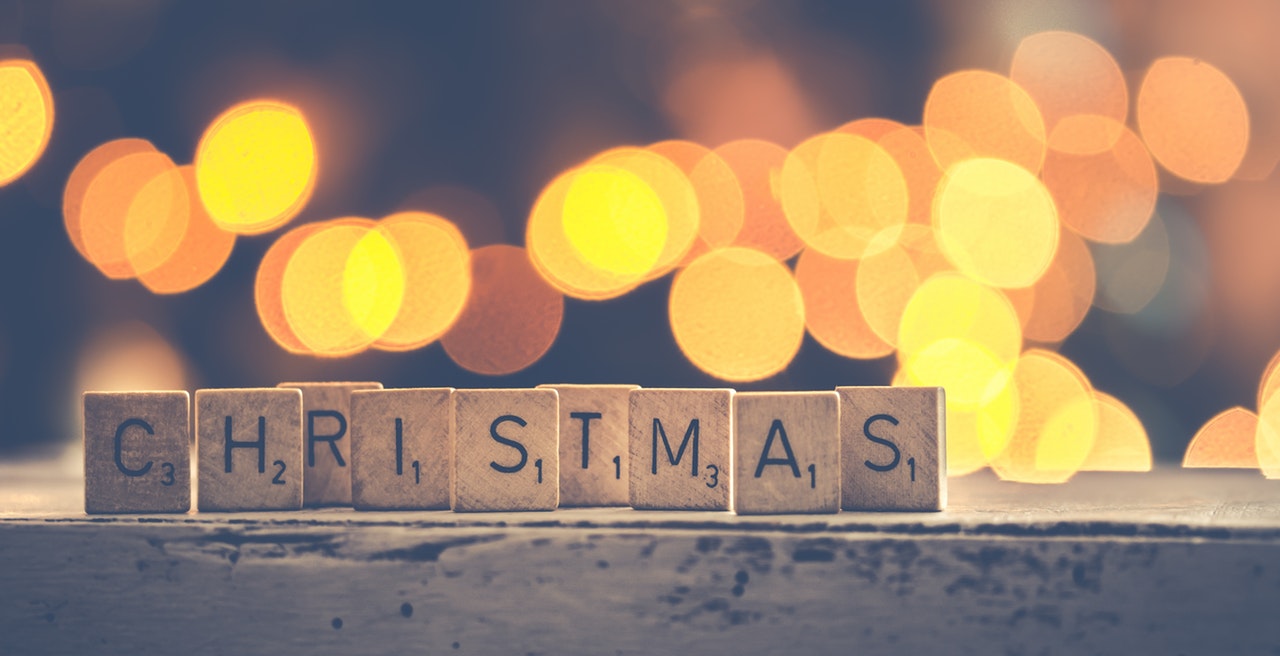- “Did you ever notice that life seems to follow certain patterns? Like I noticed that every year around this time, I hear Christmas music.” Tom Sims
1. The word “carol” comes from the French carole which means a circular dance
2. The word “carol” first appeared in the English language in the 16th century.
3. “Christmas” carols began in the 15th century and had no dance element to them.
4. The tradition of singing carols in church started in the 19th century.
5. The Twelve Days of Christmas probably comes from a traditional parlour game played on Twelfth Night, where each player would have to remember all the items mentioned by previous players and add one of their own.
6. All the gifts in the Twelve Days of Christmas would equal 364 gifts.
7. The PNC Group runs an annual Christmas Index where it estimate the cost of buying all the gifts from the Twelve Days. In 2017, the cost would be $34,558 (c.£25,895).
8. Bing Crosby’s version of “White Christmas” was released in 1942 and is the highest selling single of all time.
9. The first song ever broadcast on a radio was a carol. On Christmas Eve 1906, Canadian inventor R Fessenden played O Holy Night on the violin while broadcasting from his Brant Rock radio tower.
10.Brenda Lee recorded the original version of “Rockin’ Around The Christmas Tree” when she was just 13 years old.
11. Oh Come All Ye Faithful was originally written in Latin ‘Adeste Fideles’ and was first published in 1760.
12. Australians have their own version of “The Twelve Days of Christmas” where all of the animals are replaced by wildlife from down under.
13. Silent Night dates back from Christmas Eve of 1818. In the little village of Oberndorf, near Salzburg, mice had damaged the church organ to a point where it could not be used to play at midnight mass. In despair, Father Joseph Mohr, who was determined to have music at his Christmas eve service, wrote a poem, inspired by a mother and her sick baby he had visited earlier on that day. He then asked his musician friend to compose accompanying music that would not involve an organ and the song was sung at Midnight mass. “Stille Nacht, heilige Nacht” has since then been translated in more than 140 languages and was first sung in English in 1858.
14.Silent Night’s most iconic appearance has to be when it was sung by German, English and French troops at the December 25 truce in the trenches of the First World War. It was the only carol that everyone on the front lines knew the lyrics to.
15. “Do You Hear What I Hear?” was written as a plea for peace during the Cuban missile Crisis.
16. Hark! The Herald Angels Sing – The most common version on how this carol started is that Charles Wesley wrote it. The truth is however slightly different. In 1739 Charles Wesley wrote a poem, but the first line was different to today’s version. It began with “Hark how all the welkin rings/ Glory to the King of kings”. “Welkin?” What exactly is a “welkin?”. According to the Oxford dictionary, it is the sky or heaven used in phrases such as ‘The loud noise of rushing elephants resembled the roars of the clouds in the welkin, in the season of rains.’ Fortunately a chap called George Whitefield, came along and changed the wording (without Charles’ approval) to: “Hark the Herald Angels Sing/Glory to the newborn King.”
17. Jingle Bells was not originally conceived for Christmas at all – it was intended to celebrate Thanksgiving.
18. Jingle Bells’ rebellious songwriter wrote it with a bit of a rebel-without-a-cause attitude. The less-known verses of the song describe picking up girls, drag-racing on snow and a high-speed crash. The lyrics “go it while you’re young” in the final verse of the secular standard is hardly about a holy or silent night.
19. Jingle Bells was originally named One Horse Open Sleigh when it was first composed in 1857. It was only named Jingle Bells when it was reissued 2 years later.
20. J.P. Morgan’s uncle wrote Jingle Bells. James Lord Pierpont composed the music and wrote the lyrics. His older sister, Juliet, married millionaire Junius Spencer Morgan, and their oldest child, John Pierpont Morgan, followed his father into the banking business and became one of the most powerful financiers of the Gilded Age.
21. Jingle Bells made history in 1965 when it became the first ever song broadcast from space.
22. O Tannenbaum, a.k.a. O Christmas Tree dates back to the 16th century when Melchior Franck wrote a song about the tradition of bringing a fir tree into the home, a tradition adapted from pagan ritual.
23. The Nazis promoted O Tannenbaum in an effort to take the Christianity out of Christmas.
24. In 1865, a very distinguished and intellectual man called Phillip Brooks started a life changing journey by riding a horse from Jerusalem to Bethlehem to take part in the Church of the Nativity’s five-hour long Christmas eve mass. Two years later, inspired by his journey, Phillip wrote the well known carol of ‘O Little Town of Bethlehem’.
So there you have it! Which fact is your favourite…?!
Merry Christmas everyone!

